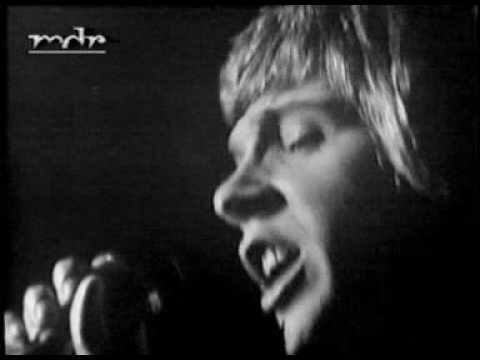R.I.P. Scott Walker

Scott Walker, the boundary-pushing artist who made his name as a member of ‘60s pop stars The Walker Brothers, has died. An announcement was shared by his record label, 4AD. He was 76.
“It is with great sadness that we announce the death of Scott Walker,” said 4AD. “For half a century, the genius of the man born Noel Scott Engel has enriched the lives of thousands, first as one third of The Walker Brothers, and later as a solo artist, producer and composer of uncompromising originality. Scott Walker has been a unique and challenging titan at the forefront of British music: audacious and questioning, he has produced works that dare to explore human vulnerability and the godless darkness encircling it.”
Born Noel Scott Engel, Walker worked as a session bassist before recruiting John Maus and Gary Leeds to form The Walker Brothers, a Righteous Brothers-aping outfit that scored a number of chart-topping hits, including “Make It Easy on Yourself” and “The Sun Ain’t Gonna Shine (Anymore).” Once he went solo in the late ‘60s, Walker found inspiration in the music of Jacques Brel, working to subvert his brand of baroque pop to great success. His fourth album, 1969's Scott 4, unfortunately, was a commercial dud, leading him to try and recreate his early success with a reformed Walker Brothers.
 Keep scrolling for more great stories.
Keep scrolling for more great stories.
